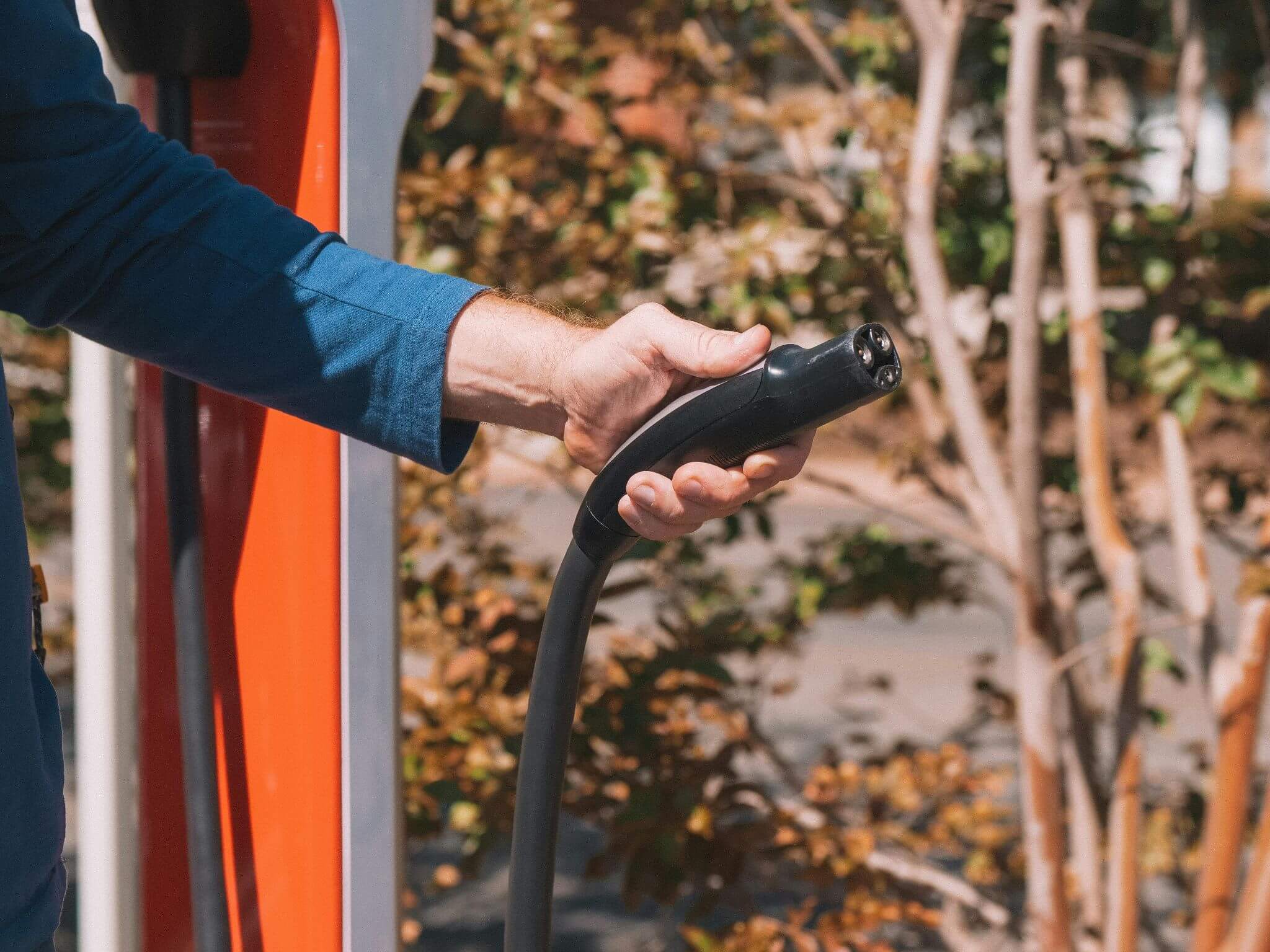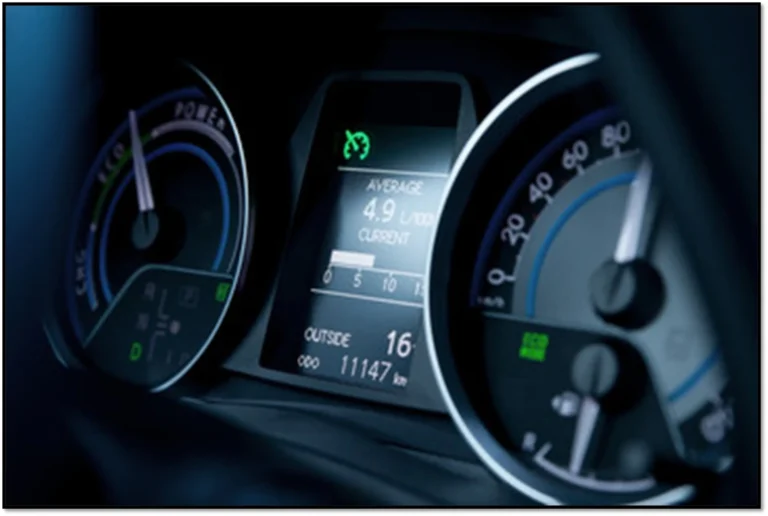As the ideological shift towards sustainability intensifies, electric vehicles (EVs) are surging in popularity. Beyond their obvious eco-friendliness and appeal to the wallet, they do bring with them some logistical responsibilities. A noteworthy one is the installation and maintenance of a charging station – a crucial yet often challenging aspect of EV ownership. If you stand at the cusp of embracing ‘electric’, understanding the fiscal dynamics of EV chargers could make your journey smoother. Here’s a helpful dissection of the costs involved.
Two Main Varieties of EV Chargers: Domestic and Communal
Grasping the cost structure necessitates knowing the core categories of EV chargers – domestic and communal. Charging your EV at home presents the convenience of an overnight charge, ensuring your vehicle is ready to tackle the day. Primary types are Level 1 and Level 2 – the former uses a conventional household socket while the latter calls for specialized installation for improved charging speed. Despite being more affordable, the snail-like charging pace of Level 1 chargers often makes Level 2 a popular pick among EV enthusiasts.
Communal chargers, dotted around parking spaces, shopping centers, and service stations, provide an alternative for charging on the move. Predominantly Level 2 and Level 3 (or DC Fast Chargers), they deliver lightning-fast charging. They, however, come with usage charges that could add up swiftly for regular EV users, making home charging stations a more economical option in the long run.
Understanding EV Charger Installation Costs
EV charger installation costs are dictated by type, location, and specific requirements of your premises. A basic Level 1 charger, coming as a standard inclusion with most EVs, necessitates no special arrangement. Level 2 chargers, though, require professional fitting. These high-efficiency chargers could set you back by $500 to $700.
Installation expenses extend beyond simply affixing the charger. Electrical enhancements such as creating a dedicated circuit or upgrading your home’s electrical panel add to the cost. Depending on the job’s intricacy, the installation could cost you between $300 and $1,200, inclusive of labor charges.
Make sure to explore available incentives or concessions. Certain regions provide programs to bolster EV adoption, which can cushion installation expenditures. Also, contact ApexCharger and other leaders in the market to explore your options.
Maintaining EV Chargers: A Small Price for Longevity
Despite seeming complicated, EV chargers demand negligible maintenance, making them a breeze compared to other household gadgets. Regular cleanliness checks are recommended to avoid dust, dirt, or dampness affecting the charger’s efficiency. Checking the cables for wear and damage is vital to prevent mishaps.
For public charger users, varying fee structures exist, depending on subscription or pay-as-you-go plans. Regular inspections of charging ports are necessary due to the strain of frequent use. Investigate warranties during purchase to contain upkeep costs.
Choosing the Right EV Charger: A Balancing Act
Selecting the right charger could drastically impact upfront costs and future ease of use. Consider charging speed – Level 2 chargers with their quick charging are often preferred by home users. Ensure compatibility with your specific EV.
Modern chargers with smart features like WiFi or Bluetooth are increasingly in demand. They allow monitoring of energy usage, scheduling of charging during economical off-peak hours, and integration with renewable energy sources like solar panels. Even though these may cost more initially, they afford unprecedented control over your energy consumption, leading to long-term savings.
Don’t forget to check the charger’s durability and weather resilience, particularly for outdoor installation. A higher durability grade means longevity and fewer replacements. Consult your EV manufacturer or a professional installer for advice on the best fit for your needs.
Summary
Being an informed EV owner involves understanding the financial implications associated with EV chargers. From installation to maintenance, countless ways exist to maximize returns on your investment. Analyze your distinct needs, research local incentives, and choose a charger that caters to your current and future needs.







